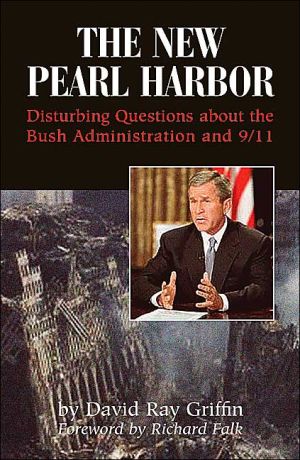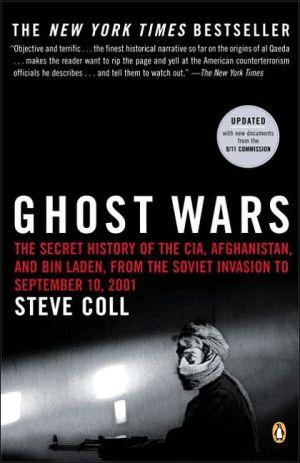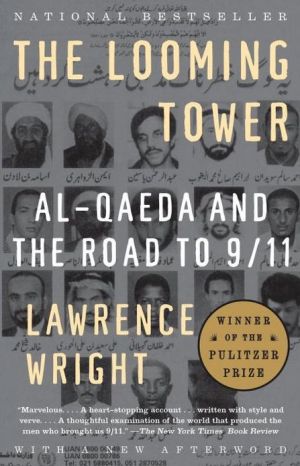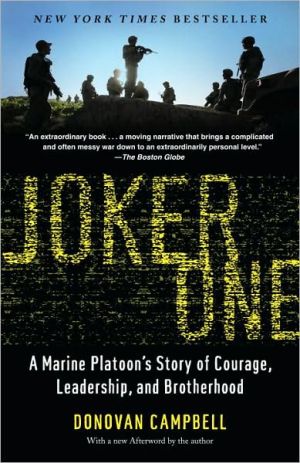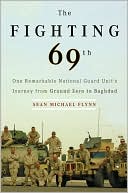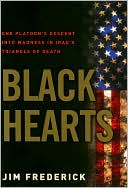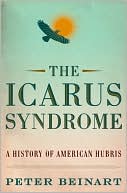The New Pearl Harbor: Disturbing Questions about the Bush Administration and 9/11
In the wake of the September 11th attacks, numerous individuals on the Internet and elsewhere began attacking the official accounts of how they occurred, raising questions over the actual physical evidence, the construction of the evidence, and the conduct of the government investigations. Although dubbed "conspiracy theorists" by many, former philosophy of religion professor Griffin prefers to call them "revisionists," arguing that they have made a strong prima facie case for some version of...
Search in google:
In the wake of the September 11th attacks, numerous individuals on the Internet and elsewhere began attacking the official accounts of how they occurred, raising questions over the actual physical evidence, the construction of the evidence, and the conduct of the government investigations. Although dubbed "conspiracy theorists" by many, former philosophy of religion professor Griffin prefers to call them "revisionists," arguing that they have made a strong prima facie case for some version of official complicity in the attacks. Collecting and collating the work of the conspiracy theorists/revisionists, Griffin admits that "although I have repeated only evidence that seemed credible to me, I have not independently verified the accuracy of this evidence." Some of the evidence seems easily dismissible, such as the possibility that the Pentagon was hit by a guided missile and not an airliner or that the twin towers were felled by controlled demolition explosives, while some, such as reports that the head of Pakistan's intelligence had wired money to the hijackers or that the Bush administration failed to adequately address warnings of the likelihood and nature of the attacks, will likely strike a significant number of readers as demanding further investigation. Annotation ©2004 Book News, Inc., Portland, OR Publishers Weekly A philosopher at the Claremont School of Theology, Griffin scrutinizes the time line and physical evidence of September 11 for unresolved inconsistencies. Griffin draws heavily on three similarly skeptical examinations, by Nafeez Ahmed, Paul Thompson and Thierry Meyssan, whose The Big Lie was a bestseller in France, and which the New Republic has called "thin-and thinly argued." Based on these sources, Griffin maintains that a full investigation of the events of that tragic day is necessary to answer such questions as whether American Airlines Flight 77 did crash into the Pentagon (though many will find it impossible to doubt this) and how United Airlines Flight 93 was downed. He claims that if standard procedures for scrambling fighter jets had been followed, the hijacked planes should have been intercepted in time, and that structurally, the collapse of the World Trade Center towers most likely was caused by explosives placed throughout the towers, not from the plane crashes. He strongly implies that the Bush administration had foreknowledge of the attack and sought to conceal what Griffin suggests was the Pakistani intelligence agency's involvement in the planning for the attacks. His analysis is undergirded by the theory that a significant external threat, on the scale of Pearl Harbor, was very much in the interest of the Bush administration, which he believes is intent on self-interested aggressive foreign policies. Even many Bush opponents will find these charges ridiculous, though conspiracy theorists may be haunted by the suspicion that we know less than we think we do about that fateful day. (Mar. 31) Copyright 2004 Reed Business Information.
Foreword1Flights 11 and 175 : how could the hijackers' missions have succeeded?32Flight 77 : was it really the aircraft that struck the Pentagon?253Flight 93 : was it the one flight that was shot down?494The president's behavior : why did he act as he did?575Did US officials have advance information about 9/11?676Did US officials obstruct investigations prior to 9/11?757Did US officials have reasons for allowing 9/11?898Did US officials block captures and investigations after 9/11?1059Is complicity by US officials the best explanation?12710The need for a full investigation147
\ Publishers WeeklyA philosopher at the Claremont School of Theology, Griffin scrutinizes the time line and physical evidence of September 11 for unresolved inconsistencies. Griffin draws heavily on three similarly skeptical examinations, by Nafeez Ahmed, Paul Thompson and Thierry Meyssan, whose The Big Lie was a bestseller in France, and which the New Republic has called "thin-and thinly argued." Based on these sources, Griffin maintains that a full investigation of the events of that tragic day is necessary to answer such questions as whether American Airlines Flight 77 did crash into the Pentagon (though many will find it impossible to doubt this) and how United Airlines Flight 93 was downed. He claims that if standard procedures for scrambling fighter jets had been followed, the hijacked planes should have been intercepted in time, and that structurally, the collapse of the World Trade Center towers most likely was caused by explosives placed throughout the towers, not from the plane crashes. He strongly implies that the Bush administration had foreknowledge of the attack and sought to conceal what Griffin suggests was the Pakistani intelligence agency's involvement in the planning for the attacks. His analysis is undergirded by the theory that a significant external threat, on the scale of Pearl Harbor, was very much in the interest of the Bush administration, which he believes is intent on self-interested aggressive foreign policies. Even many Bush opponents will find these charges ridiculous, though conspiracy theorists may be haunted by the suspicion that we know less than we think we do about that fateful day. (Mar. 31) Copyright 2004 Reed Business Information.\ \
